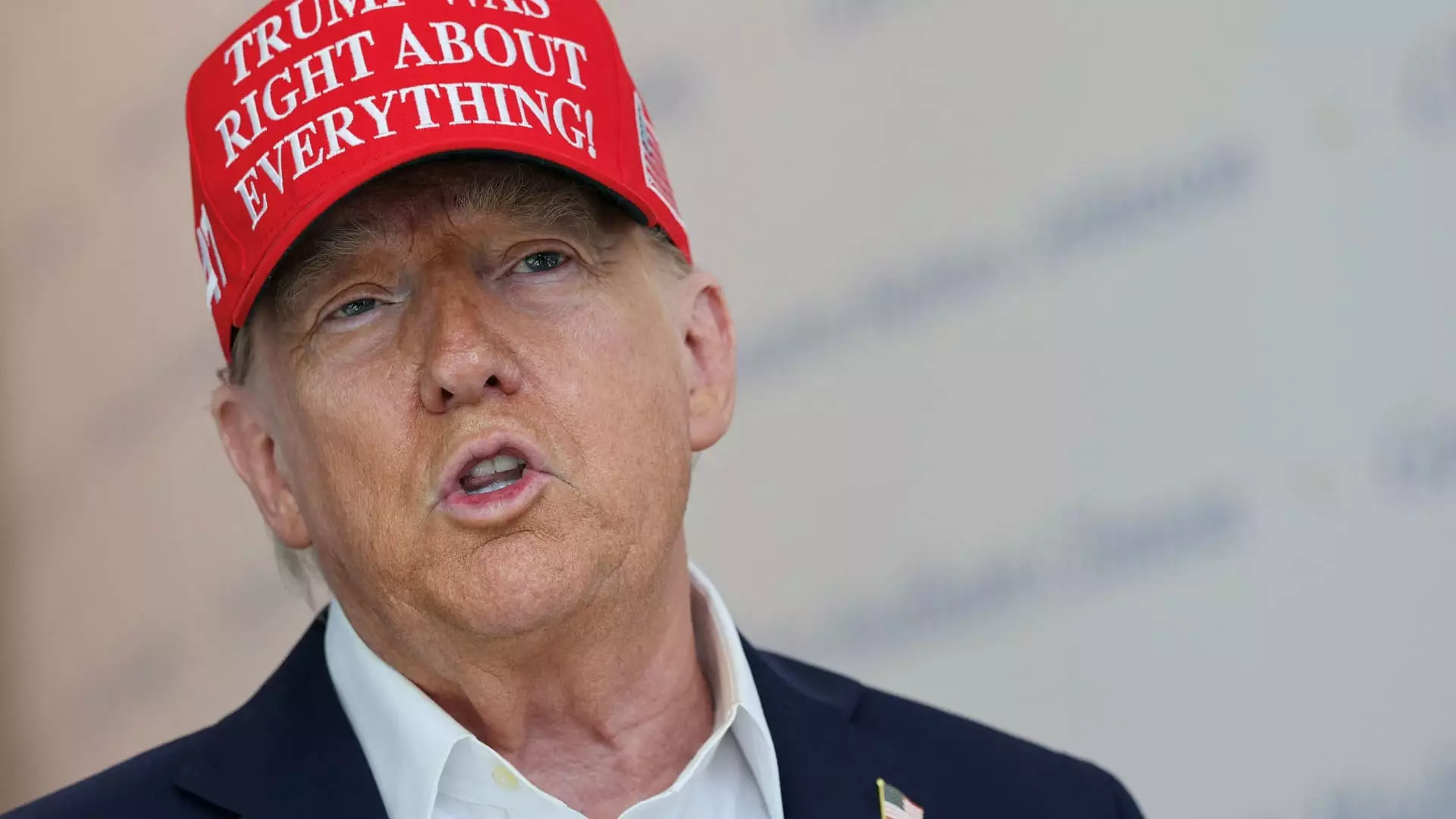In recent days, the political climate surrounding the Federal Reserve has taken a dangerously corrosive turn. President Donald Trump’s threat to fire Federal Reserve Governor Lisa Cook if she refuses to resign underscores a growing trend of weaponizing economic institutions for partisan advantage. While critics may argue that protecting the integrity of the Federal Reserve requires accountability and scrutiny, turning a central bank official’s job into a political pawn threatens the delicate balance of independence that is core to the institution’s credibility. The Fed’s effectiveness depends on a level of autonomy that shields it from short-term political pressures. Trump’s aggressive stance not only undermines this independence but sends a chilling message: economic policy is now fair game for political retribution.
Such politicization risks distorting monetary policy, which should be guided by economic data and long-term stability rather than partisan vendettas. Removing an appointee based on allegations that distract from her professional record, especially amid ongoing investigations, blurs the lines between legitimate oversight and political vendettas. It is a dangerous game; once the central bank becomes a target for political strikes, the entire economic system becomes vulnerable to short-term manipulation, potentially inciting instability and eroding investor confidence.
The Consequences of weaponized Federal Reserve Appointments
The appointment and removal of central bank governors are inherently political but must be exercised with restraint. The Federal Reserve’s board members serve 14-year terms, designed to insulate monetary policy from fleeting political winds. If a president can dismiss members at will, the very foundation of our monetary policy—based on stability and credibility—begins to weaken. Trump’s attempts to oust Lisa Cook, coupled with the possibility of installing policy-aligned appointees, threaten to erode the institutional independence that has kept the US economy resilient through crises.
A politicized Fed risks prioritizing short-term political wins over sound economic policy. The danger here isn’t merely about individual grievances or allegations; it’s about an erosion of the institutional compass that guides prudent monetary decision-making. When leadership at the Fed is perceived as beholden to political ends, market stability suffers, and the public’s trust diminishes. Central banks should be guardians of macroeconomic stability, yet the current atmosphere invites calls for interference that compromise their effectiveness.
The Underlying Political Motivations
This episode reveals more than just a personal dispute; it exposes a broader desire by some political actors—particularly those aligned with Trump—to control economic levers for ideological or electoral gains. The accusations by Bill Pulte, although currently under investigation, appear as part of a broader narrative that seeks to attack Fed officials who don’t toe a particular line. Targeting Lisa Cook’s motives for alleged mortgage fraud, despite her professional conduct and her voting record aligning with the prevailing FOMC majority, exemplifies how personal accusations are being weaponized against independent figures.
Furthermore, critics such as Elizabeth Warren dismiss these moves as attempts to scapegoat officials instead of addressing the real economic challenges. The underlying message is clear: control of the Federal Reserve has become a political prize, and the consequences for this are calamitous. If policymakers continue down this road, the United States risks turning its monetary policy apparatus into a puppet controlled by political operatives rather than grounded in economic reality.
The Peril of Short-Term Political Gains in a Complex Economy
In an environment where economic stability is paramount, the shortsightedness of such political brinkmanship cannot be overstated. The US economy, characterized by a resilient labor market and moderate growth, faces rising risks from external factors including global economic shifts and inflationary pressures exacerbated by tariffs. Undermining the independence of the Fed—and attempting to influence its leadership—weakens the institutional safeguards that maintain economic stability during turbulent times.
The Federal Reserve’s credibility is built on a foundation of data-driven decision-making and political neutrality. When policymakers act on impulse or are swayed by partisan battles, the repercussions extend beyond immediate controversies. Markets react, investments slow, and long-term economic planning becomes muddled. The commitment to a stable monetary policy must transcend transient political ambitions. Any attempt to manipulate or threaten Fed officials antagonizes this principle, jeopardizing the financial security of millions of Americans.
—
This critical analysis illustrates how the politicization of the Federal Reserve undermines the very stability that it is designed to uphold. The long-term health of the economy depends on the independence of its institutions, not their weaponization in partisan battles. A balanced approach, grounded in economic expertise and insulated from political influence, is essential to preserving fiscal discipline and confidence in the American economic system.

